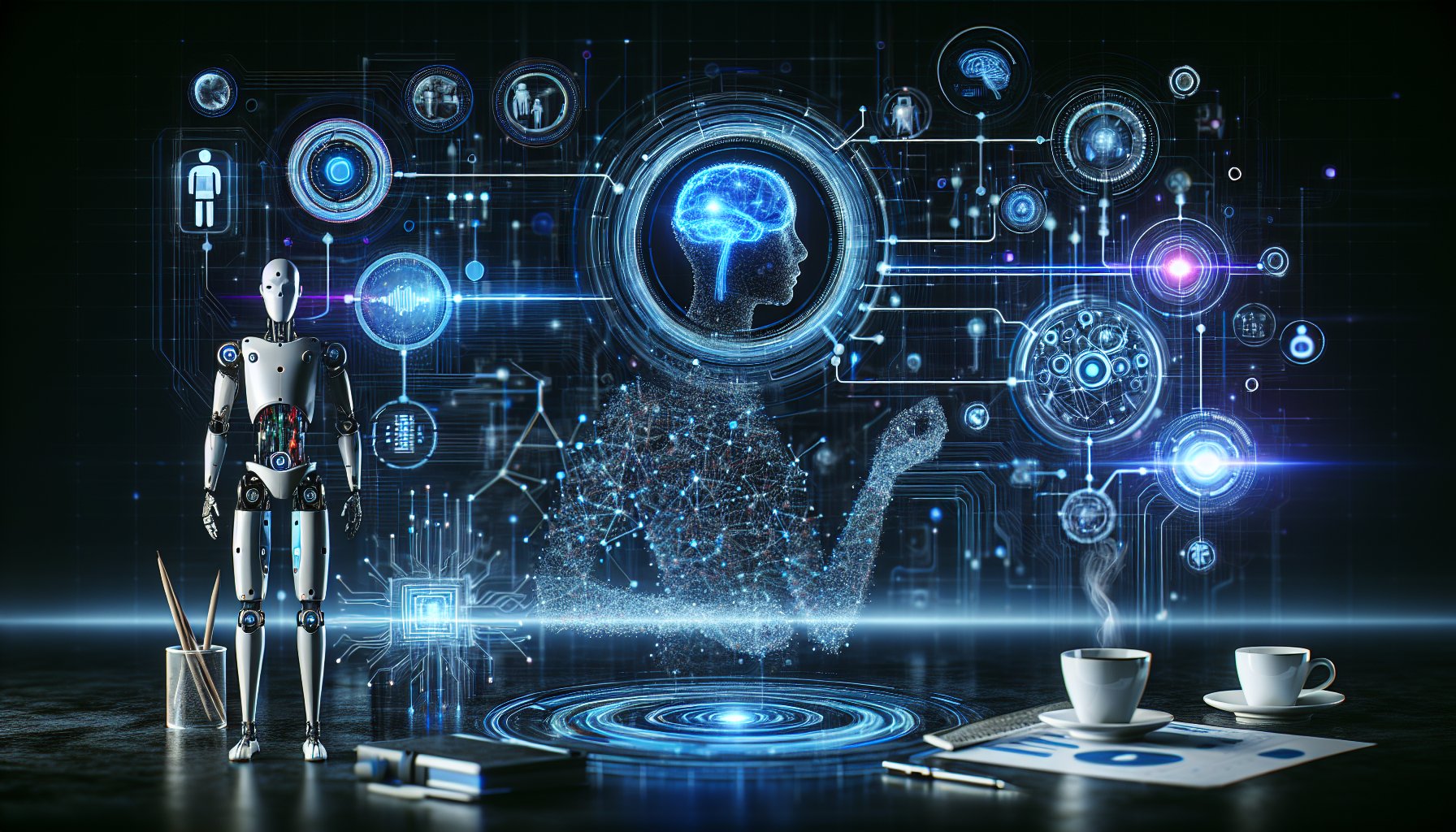An Introduction to Modern AI Integration Strategies
As the world continues to digitalize and technology evolves at a lightning-fast pace, artificial intelligence (AI) is no longer a futuristic concept. It has become a practical tool that developers and IT professionals can harness to achieve groundbreaking innovations. This post will explore the latest strategies for integrating AI into your systems, focusing on the most recent methodologies and emerging trends.
Understanding AI's Role in Current IT Development
AI has the potential to bring numerous benefits to businesses. From boosting efficiency and productivity to making better decisions, AI can revolutionize how organizations operate. The key to unlocking these benefits lies in successfully integrating AI into your existing systems.
The Power of Machine Learning
Machine learning (ML), a subset of AI, is a powerful tool that can be used to enhance your applications. By incorporating ML algorithms into your systems, you can enable your applications to learn and improve over time without manual intervention.
# Example of a simple ML algorithm in Python using TensorFlow
import tensorflow as tf
# Define a simple sequential model
def create_model():
model = tf.keras.models.Sequential([
tf.keras.layers.Dense(512, activation='relu', input_shape=(784,)),
tf.keras.layers.Dropout(0.2),
tf.keras.layers.Dense(10)
])
model.compile(optimizer='adam',
loss=tf.losses.SparseCategoricalCrossentropy(from_logits=True),
metrics=['accuracy'])
return model
# Create a basic model instance
model = create_model()
# Train the model
model.fit(train_images, train_labels, epochs=5)
Natural Language Processing and Its Applications
Natural Language Processing (NLP) is another rapidly developing field of AI. By integrating NLP into your systems, you can analyze text data, extract insights, and even enable your applications to understand and respond to human language.
# Example of a simple NLP task using Hugging Face's Transformers library
from transformers import pipeline
# Initialize a text classification pipeline
classifier = pipeline("sentiment-analysis")
# Use the pipeline to classify a piece of text
result = classifier("I love the new updates on this app!")[0]
print(f"label: {result['label']}, with score: {result['score']}")
Cloud Computing and AI: A Powerful Combination
Cloud computing platforms such as AWS, Google Cloud, and Azure offer powerful tools for AI integration. These platforms provide extensive libraries and services for machine learning, deep learning, and other AI-related tasks, allowing developers to leverage the power of AI without having to build everything from scratch.
Staying Current: The Importance of Continuous Learning
As AI technology continues to evolve, it's crucial for developers and IT professionals to stay current. This means continuously learning about new developments, experimenting with new tools, and adapting your strategies to the ever-changing tech landscape.
Conclusion
Integrating AI into your systems can undoubtedly provide tremendous benefits. By harnessing the power of machine learning, NLP, and cloud computing, you can create applications that are not only efficient and robust but also intelligent and adaptable. With the rapid pace of technological advancement, the only limit is your imagination.
